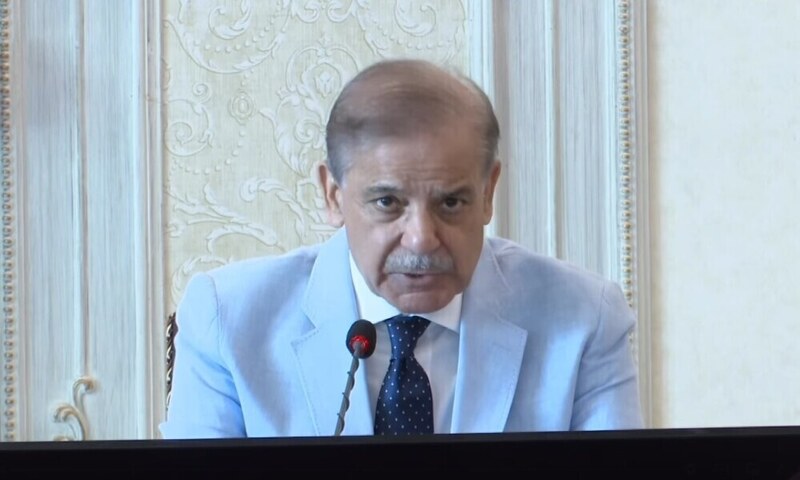ISLAMABAD: In a bid to reform one of the country’s most corruption-prone institutions, Prime Minister Shehbaz Sharif on Tuesday ordered a sweeping overhaul of the customs inspection and valuation system, pledging to make it fully digital and “faceless” to curb bribery, cut red tape, and improve trade flows.
The announcement, made during a high-level meeting regarding faceless appraisal of customs, forms part of a broader push by Sharif’s administration to revive investor confidence and meet key structural benchmarks agreed with the International Monetary Fund (IMF).
“The goal is to ensure transparency, reduce delays, and create a business-friendly environment,” Sharif said, adding “These reforms are not cosmetic – they are essential for economic recovery and global credibility.” Under the reforms, customs procedures will be digitised end-to-end, removing human discretion in inspections and valuations – a process long criticised by exporters and importers as opaque and extortionate.
FBR introduces Pakistan’s first AI-powered customs clearance system
Artificial intelligence-powered risk management systems and scanner-based checks are already being deployed to speed up customs clearance, officials told the prime minister.
The changes are designed to tackle entrenched graft in the country’s border trade, where physical inspections and arbitrary tax assessments have enabled widespread rent-seeking by officials.
According to a 2024 World Bank report, inefficiencies and corruption in Pakistan’s customs process cost the economy up to $1.2 billion annually in lost trade and delayed shipments.
During the briefing to the prime minister, the officials said the new system will include neutral oversight of appeals against customs valuations – a move welcomed by parts of the business community. “Appeals must be fair and independent,” Sharif said. “No one should fear reprisal for challenging a decision.”
The prime minister also instructed port authorities to implement a coordinated cargo movement strategy to prevent backlogs and ensure goods are dispatched efficiently.
Enhanced surveillance and recent anti-smuggling operations have already led to a rise in goods being processed through legal channels, officials said.
The country’s economy remains fragile after a year of record inflation and foreign exchange volatility. While the country narrowly avoided default in 2024, it remains under close watch by international lenders. Reforms in revenue collection and trade facilitation are central to the government’s economic recovery plan.
“Improving ease of doing business and boosting investment are among the government’s top priorities,” Sharif said. “These changes will send a clear signal: Pakistan is open for business – and serious about reform.”
The meeting was attended by Finance Minister Muhammad Aurangzeb, Minister for Climate Change Musadik Malik, Information Minister Attaulalh Tarar, Minister for Economic Affairs Ahad Cheema, State Minister for Finance Bilal Kiyani and other senior officials.
Copyright Business Recorder, 2025


